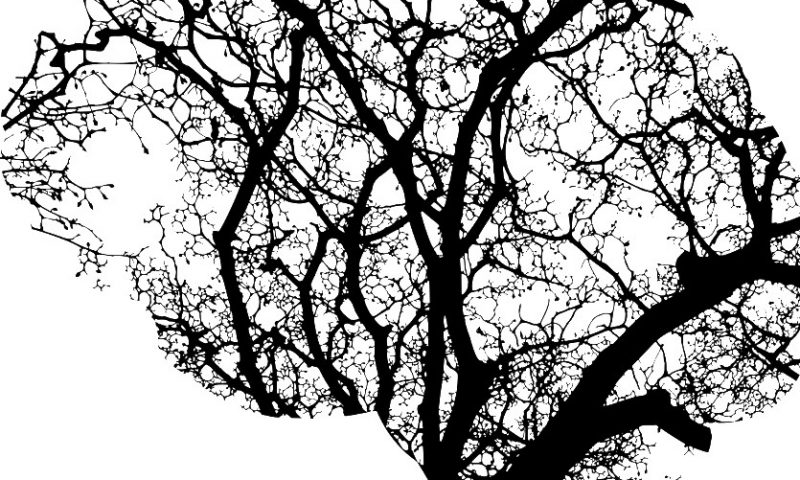People seeking treatment to overcome opioid addiction are often stymied by the treatment itself. Many don’t have access to drugs like methadone or buprenorphine or can’t make it to a clinic every day for a long enough time for the treatment to succeed. ATAI Life Sciences and DemeRx are setting up a joint venture to develop a one-and-done treatment that works by giving people a “neurochemical reset.”
ATAI is investing up to $22 million in the JV, which will develop the drug, ibogaine. Derived from a West African plant called iboga, ibogaine has previously been sold as a stimulant and antidepressant in France and has been studied in other countries as a treatment for addiction. Those studies, including a large one led by DemeRx CEO Deborah Mash, Ph.D., turned up “very stunning anecdotal data” for ibogaine. Now, ATAI and DemeRx will bring the drug into phase 2 trials to prove its benefits in a controlled clinical setting.
First up, the team needs to get regulatory approval to start a clinical trial.
“We want to move quickly to an efficacy study so we can demonstrate what hundreds and hundreds of patients already know,” Mash said.
It wouldn’t be a cure, Mash told FierceBiotech. But it would be a “powerful first step on the road to recovery.”
Mash, a longtime drug abuse researcher, ran into ibogaine in her work three times before it got her attention, she said. She traveled to Amsterdam to witness firsthand what the drug could do. She remembers a young musician who had been “banging back an awful lot of heroin.”
“It was an absolutely gentle detox with no withdrawals. I saw immediately the efficacy of this treatment, that a single dose was able to get people through withdrawal, to have this kind of ‘aha’ moment about their self-destructive behavior. To gain insights on what was driving them and what got them into this addiction habit to begin with,” she said.
Mash went on to lead an open-label study testing ibogaine in 102 patients who were dependent on opioids and 89 who were dependent on cocaine. She found that one low, oral dose of the drug reduced opioid withdrawal scores 36 hours after treatment. It also tamped down on the severity of cravings and depression in both patient groups.
Ibogaine affects multiple neurotransmitter systems, including serotonin, opioid and NDA receptors. Its exact mechanism is unclear, but it causes a dreamlike state in patients that plays a role in “interrupting addiction.” The idea is that this “neurochemical reset” gives patients a window during which they have no cravings or desire to use opioids and so have a better chance at recovery.
“It makes more patients treatment ready, so they will be ready to succeed with whatever therapy they choose—rehabilitative therapy, inpatient, outpatient, case management, 12-step groups, or going on methadone,” Mash said.
The $22 million from ATAI should get ibogaine through its “critical milestones” such as a double-blind, placebo-controlled study and understanding what dosing will ultimately look like, said ATAI Chief Scientific Officer Srinivas Rao, M.D., Ph.D. The JV will also work on a treatment protocol that includes screening guidelines for patients, as ibogaine has been linked to heart side effects and may be unsuitable for people with cardiovascular issues.

